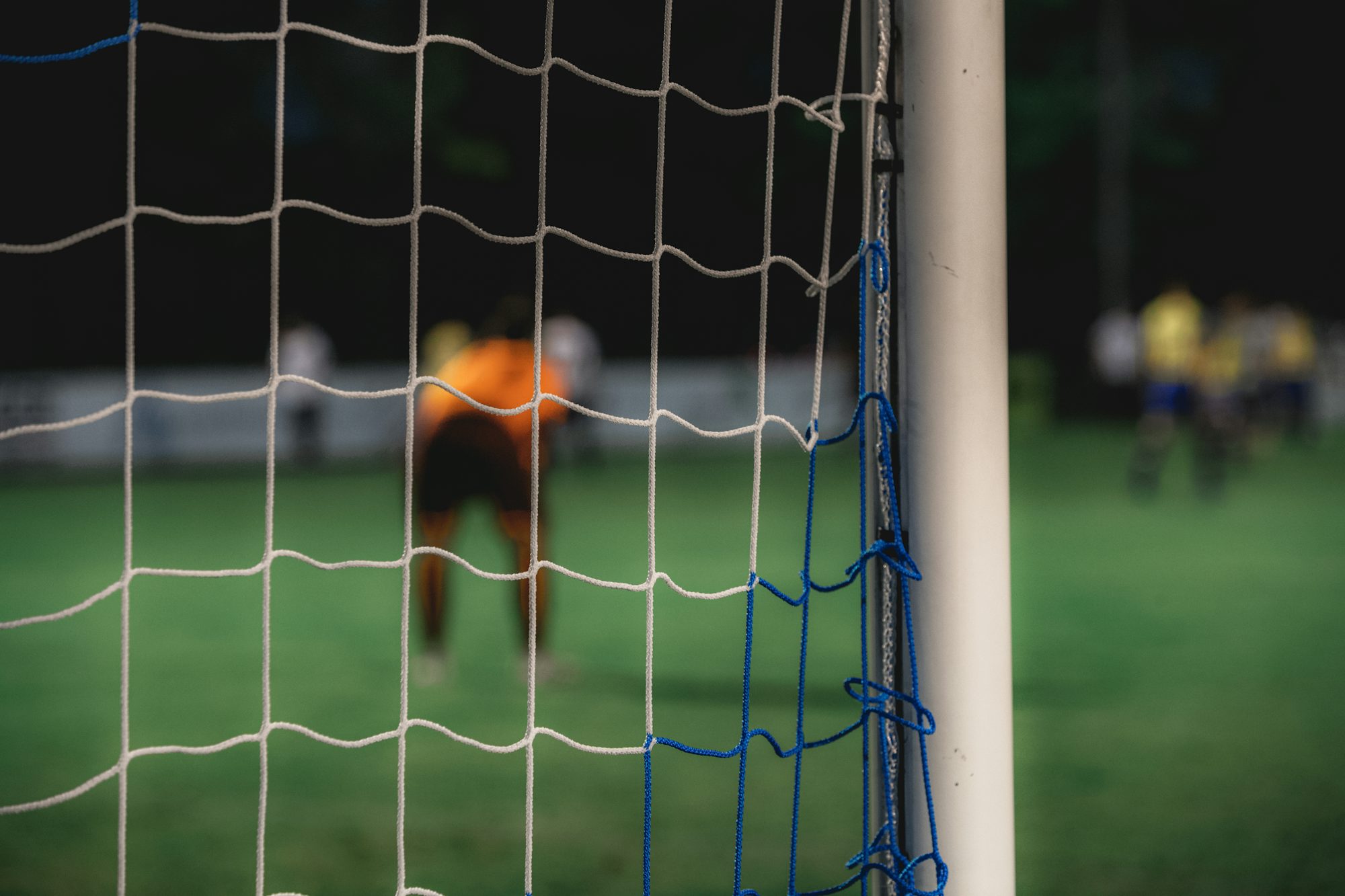The Heart of Soccer: A Deep Dive into Skills and Techniques
This article explores the essential skills and techniques required in soccer, detailing dribbling, passing, shooting, and more, while emphasizing their importance in mastering the game.
Dribbling is one of the most fundamental skills in soccer, allowing players to maneuver the ball while maintaining control. A proficient dribbler can navigate through defenders, create space, and set up scoring opportunities. The key to effective dribbling lies in using both feet, employing a variety of techniques such as step-overs, feints, and changes of pace. Players like Lionel Messi and Neymar are renowned for their dribbling ability, demonstrating how this skill can transform a game. Practicing dribbling in tight spaces helps players enhance their control and develop quick decision-making, making them more effective during matches.
Another critical skill is passing, which is vital for maintaining possession and building offensive plays. Passing can take various forms, including short passes, long balls, and through balls. Mastering the different types of passes allows players to adapt to different game situations. A well-executed pass can create scoring opportunities and help a team maintain its rhythm. Players should focus on accuracy and timing, ensuring that their passes reach teammates without being intercepted. Passing drills that emphasize both precision and communication can significantly improve a player’s effectiveness in matches.
Shooting is perhaps the most exhilarating aspect of soccer, as it directly leads to scoring goals. To become a proficient shooter, players must master various techniques, including instep shots, volleys, and chips. Each type of shot serves a different purpose, and understanding when to use them is crucial. Practicing shooting from different angles and distances helps players develop consistency and confidence in front of goal. Players like Cristiano Ronaldo and Thierry Henry have demonstrated exceptional shooting ability, showcasing how technique and power can combine to create spectacular goals.
Defending is equally important in soccer, requiring players to be vigilant and strategic. Effective defending involves positioning, tackling, and intercepting passes. Defenders must anticipate the movements of attackers and react swiftly to thwart their attempts to score. Techniques such as blocking shots and staying on the attacker’s shoulder can make a significant difference in a match. Furthermore, communication with teammates is essential to maintain a solid defensive line. Training sessions that focus on defensive drills, including one-on-one situations and team formations, can enhance a player’s defensive prowess.
Goalkeeping is a unique position that combines elements of all the aforementioned skills. A goalkeeper must have quick reflexes, excellent positioning, and strong decision-making abilities. They are the last line of defense and play a crucial role in both stopping shots and initiating counter-attacks. Goalkeepers must master catching, diving, and distributing the ball effectively. Training routines that include shot-stopping drills and distribution exercises are vital for goalkeepers to improve their skills and confidence.
Set pieces, including free kicks and corner kicks, are additional areas where skills can make a significant impact. Both attacking and defending set pieces require strategic thinking and practice. Teams often devise specific plays to capitalize on these opportunities, making them a vital part of the game. Players need to understand their roles during set pieces and practice these scenarios regularly to maximize their effectiveness.
Tactics and strategies also play a crucial role in how these skills are employed during a match. Coaches often implement various formations and styles of play that dictate how players should utilize their skills. For instance, a team using a possession-based approach may prioritize short, precise passing, while a counter-attacking team might focus on quick dribbles and long passes to exploit spaces left by the opposition. Understanding the tactical framework helps players apply their skills more effectively, adapting to the dynamic nature of the game.
Mental strength is another essential aspect of skill development in soccer. Players must cultivate focus, resilience, and confidence to perform at their best, especially in high-pressure situations. Visualization techniques and positive self-talk can enhance a player's mental preparation, helping them remain composed during crucial moments in a match. A player’s mindset can greatly influence their performance, making mental training as important as physical practice.
In conclusion, mastering the skills and techniques of soccer is fundamental to becoming a successful player. From dribbling and passing to shooting and defending, each skill contributes to the overall dynamics of the game. Continuous practice, combined with an understanding of tactics and mental preparation, empowers players to elevate their performance. As soccer continues to grow globally, fostering these essential skills will ensure the sport remains vibrant and competitive, enabling players to express their creativity and passion on the pitch. Whether a novice or a seasoned professional, the journey to mastering soccer's skills is both challenging and rewarding, reflecting the beauty and complexity of the game.